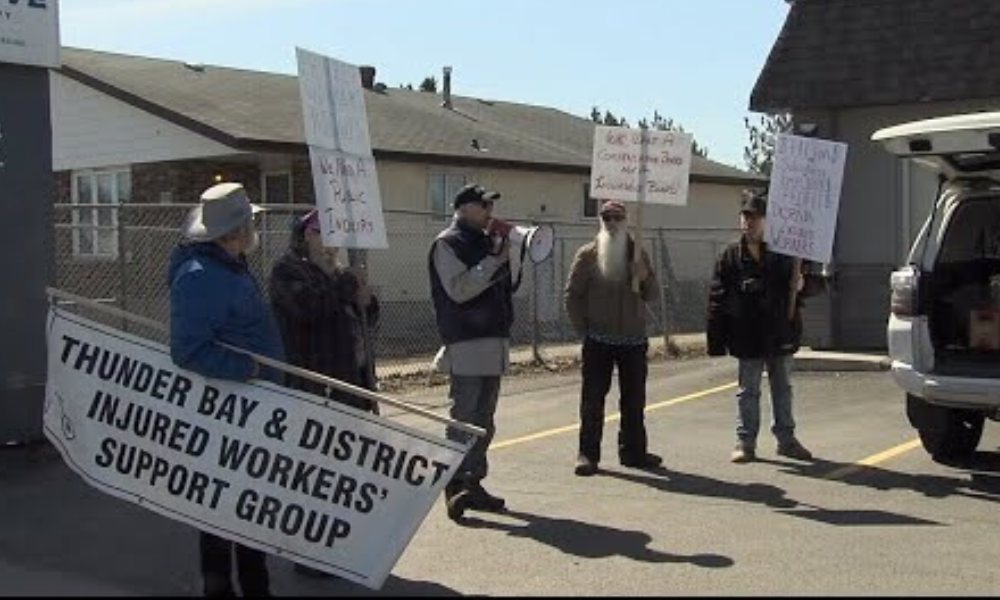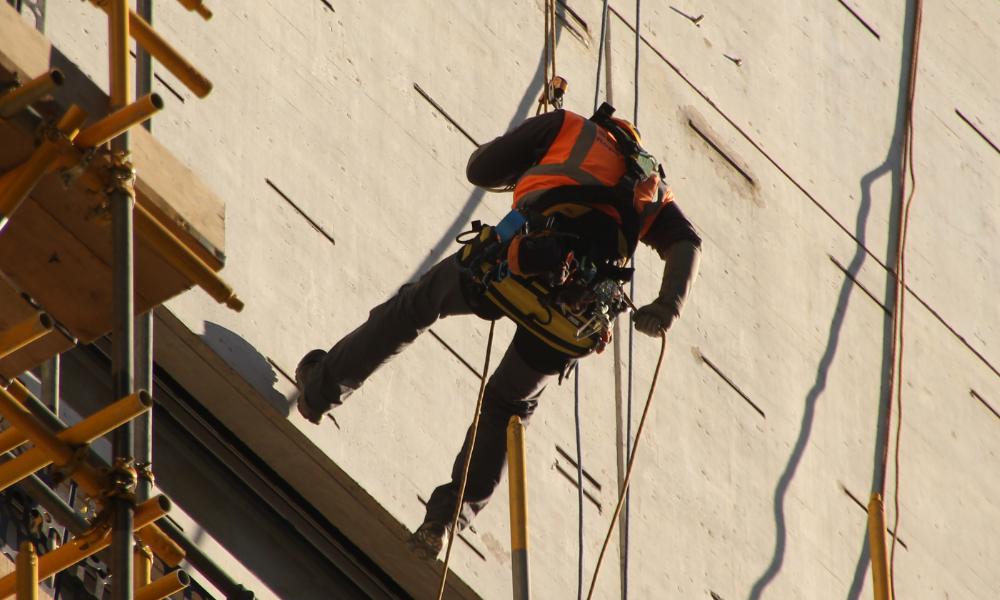Union and advocates oppose tariff relief measure

One of Canada's largest private-sector unions is voicing strong opposition to the Workplace Safety and Insurance Board’s (WSIB) second $2 billion rebate to employers, expected to be issued by June. The United Food and Commercial Workers Union (UFCW) Locals 175 and 633 say the funds should instead go toward improving benefits and services for injured workers.
UFCW Canada represents more than 250,000 workers across sectors such as health care, food production, and retail. In Ontario, its Locals 175 and 633 have been campaigning against WSIB’s employer rebates since the first $2 billion rebate was issued earlier this year.
“We believe that money should be going to support injured workers,” says Debora DeAngelis, director of political action and member engagement for UFCW Locals 175 and 633. “When you deny the benefits, that’s when there is a surplus. There should not be a surplus. This is what we believe.”
The Ford government describes the rebates as part of an $11-billion corporate relief package designed to support businesses affected by tariffs introduced by U.S. President Donald Trump. According to the province, the WSIB rebates are directed to employers with strong safety records.
WSIB president and CEO Jeffery Lang says the rebate reflects the organization’s strong financial footing. “Today we’re in the strongest financial position in our history, and it’s only right to pass that on to the people who pay the premiums – Ontario businesses,” Lang said. Eligible employers will receive the funds automatically, with no application required.
But the rebates have sparked frustration beyond the labour movement. In Thunder Bay, injured workers and supporters rallied outside the constituency office of local MPP Kevin Holland, voicing their anger over what they see as a betrayal.
“They’re giving away our money,” said Steve Mantis, treasurer of the Thunder Bay & District Injured Workers Support Group. “We’re living in poverty. We’re being denied, and instead of paying us what’s our due, they’re saying no, we’re gonna give it to corporations.”
Eugene La Francois, president of the group, told TBnewswatch: “There’s no justice for injured workers… You get hurt, and all of a sudden, you’re thrown into poverty… You’re forgotten about.”
Mantis said approximately 45 percent of workers with serious, lifelong disabilities in Ontario are living in poverty. “When we look at people with a permanent impairment… pretty well half of them are going to end up in poverty with a subsequent mental illness because of how they’re treated through the process,” he said. He also noted that 92 percent of WSIB claims for mental health disability are denied.
The union-led campaign against the rebates includes a petition urging members to contact their elected officials. UFCW calls on the Ontario government and WSIB to redirect surplus funds toward tangible improvements in the workers’ compensation system. Among its proposals are raising the loss of earnings benefit from 85 to 90 percent, tying compensation to inflation, and expanding coverage for mental stress injuries.
DeAngelis says that if the government insists on returning money to employers, the rebates should come with conditions. “Employers should be required to show and be mandated in how they will use the money to actually benefit workers,” she says. “That could be through programs like health and safety improvements, increased wages, or enhanced return-to-work procedures.”
Lang, however, defends the move as one that will aid economic recovery. “Businesses can reinvest these funds to create new jobs, grow their operations, and make Ontario’s economy even stronger,” he said.
But UFCW remains skeptical. “We don’t believe taking WSIB money and giving it back to employers is going to help with tariffs or economic instability,” DeAngelis says. “Unless it’s mandated and specific about putting the money into worker supports, it’s essentially free money. We’d rather see the government live up to its campaign promises and invest directly in injured workers.”
As protests continue and advocacy grows, critics of the rebate argue that the workers’ compensation system needs serious reform to ensure injured workers are not left behind.




